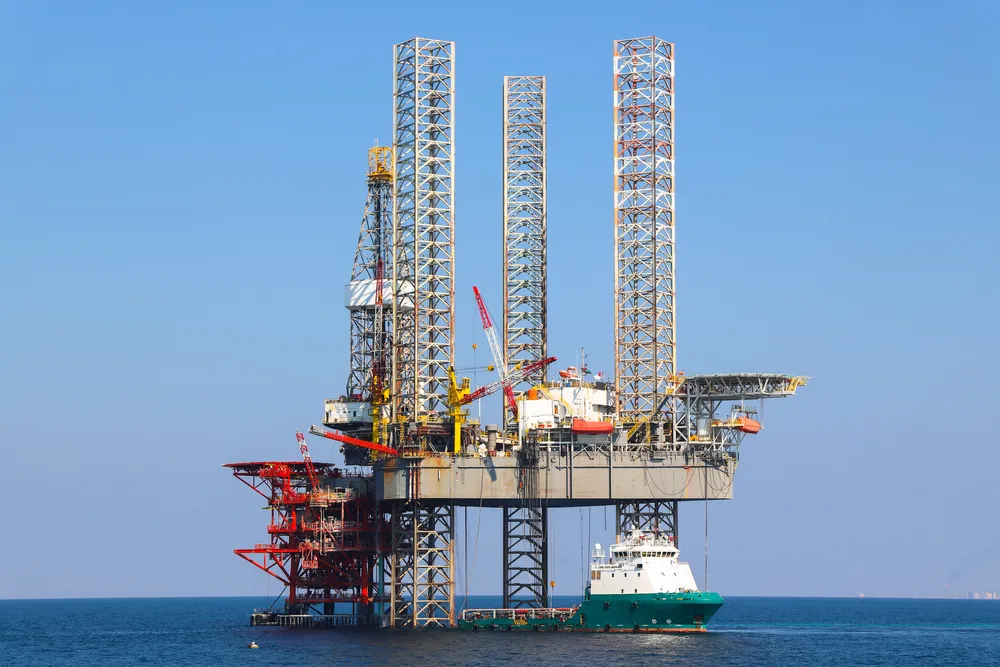Principles of Production Logging in Oil and Gas Course
Introduction:
The Principles of Production Logging in Oil and Gas course outlines foundational concepts regarding production logging in circumferential and inclined holes within the petroleum industry. It demonstrates how to measure multiphase flows using the holdup principle and basic equipment.
This course equips trainees with the means to design and implement individual data acquisition protocols and techniques by selecting the optimal sensor set for production logging purposes. This includes considerations such as the type of produced fluids, well angle, completion types, and production log requirements. Additionally, it features a comprehensive analysis of new advanced production logging devices and their capabilities.
Objectives:
At the end of the Principles of Production Logging in Oil and Gas course, participants will be able to:
- Understand the various principles regarding flow regimes in oil wells.
- Perform PLT (Production Logging Tool) measurements using various techniques and their purposes.
- Design and strategize effectively for a production logging program.
- Implement and execute PLT for different flow rates and wellbore angles.
- Utilize production logging systems and PLT measurement technologies for enhanced analysis of complex production logging.
- Develop troubleshooting and problem-solving skills for production logging activities.
- Analyze and interpret data, correlating it to well optimization.
- Attain knowledge of current trends and practices in production logging technology.
- Collaborate constructively with various teams to achieve production logging tasks.
- Demonstrate competency in using programs for manipulating and understanding production logging information.
Training Methodology:
- Interactive methods of instruction
- Case studies
- Group work
- Simulations
- Problem-solving sessions
- Data analysis
- Q&A sessions
- Software introductions
- Field examples (when necessary)
Course Outline:
Unit 1: Production Logging Objectives, Fluid Mechanics Basics, and Velocity Measurement
- Explain production logging and its aims in the oil and gas industry.
- Study multiphase flow patterns and their effects in inclined wells.
- Understand holdups and their relevance to production logging.
- Learn about slippage velocity and spinner operation.
- Practice spinner interpretation to reinforce understanding.
Unit 2: Basic Measurement Tools and Production Logging Interpretation
- Research holdup measurement devices and their uses.
- Understand temperature log interpretation and time-lapse vertical temperature logs.
- Detail key applications of pressure logs in production logging.
- Interpret single-phase flow/injection wells and discuss challenges in multiphase flow.
Unit 3: Planning Production Logging Job and Application of Advanced Technology
- Prepare production logging strategies and programs with specific aims.
- Ensure the effectiveness of PLT tools and measurement devices.
- Investigate the relevance of advanced technology in interpreting production logging tools.
Unit 4: Special PLT Uses and Cases
- Discuss temperature profiling as a leak detection tool.
- Determine inflow performance relationships aided by PLT.
- Identify PLT applications in wells with Electric Submersible Pumps (ESP).
- Address water waste issues and the role of PLT in solutions.
- Apply time-lapse PLT for reservoir depletion monitoring.
Unit 5: Illustrations of Conventional and Advanced PLT Cases
- Investigate PLT cases for water injection wells.
- Consider oil well PLT samples for improved understanding.
- Examine gas and gas-condensate well PLT examples to learn about varying flow types.
- Understand the challenges of production logging tools in inclined and horizontal wells.
Conclusion:
In the final section of the course, participants will integrate their knowledge of production logging tools (PLTs) and analysis and interpretation techniques. They will depart with both theoretical and practical insights into production logging concepts, enabling them to apply this knowledge in the field.


















